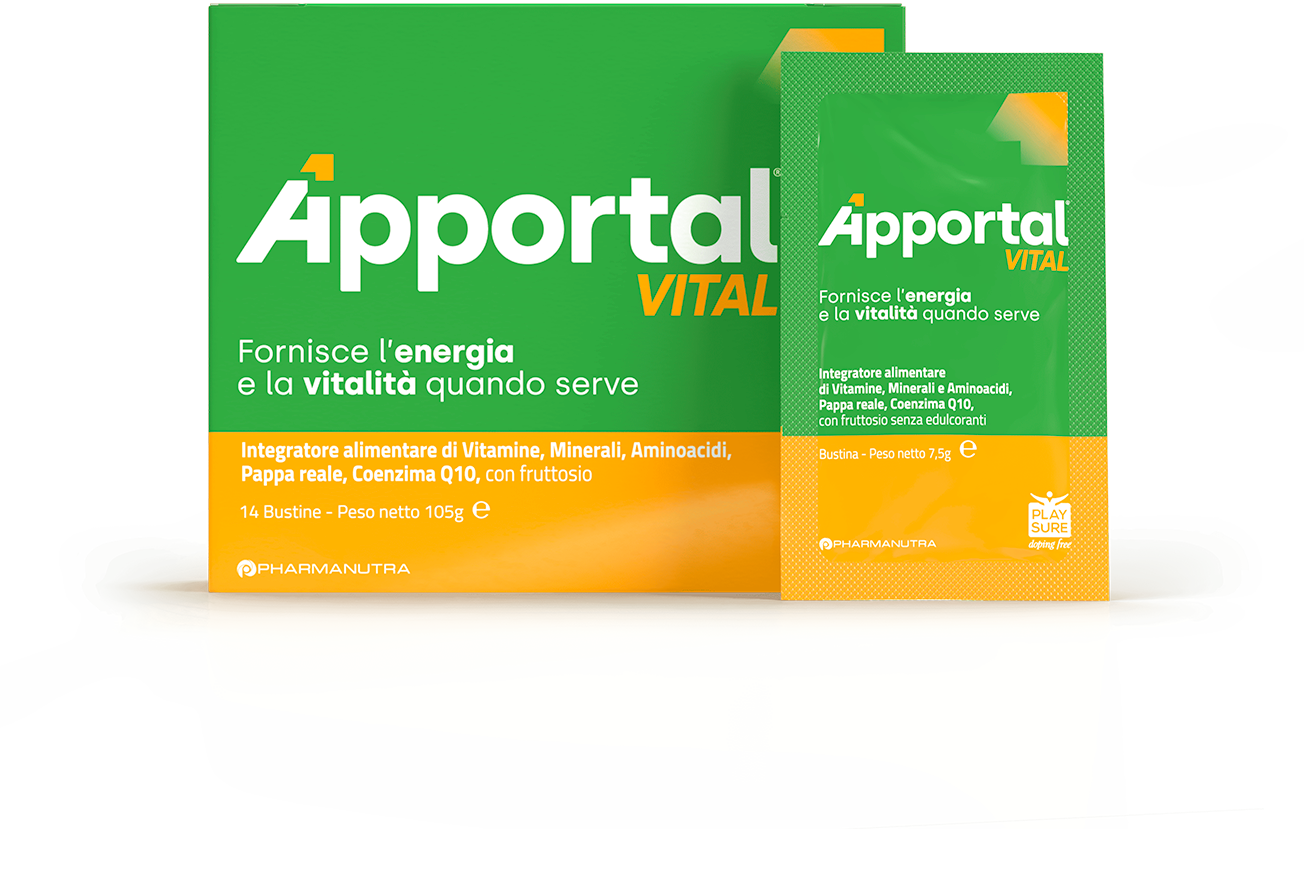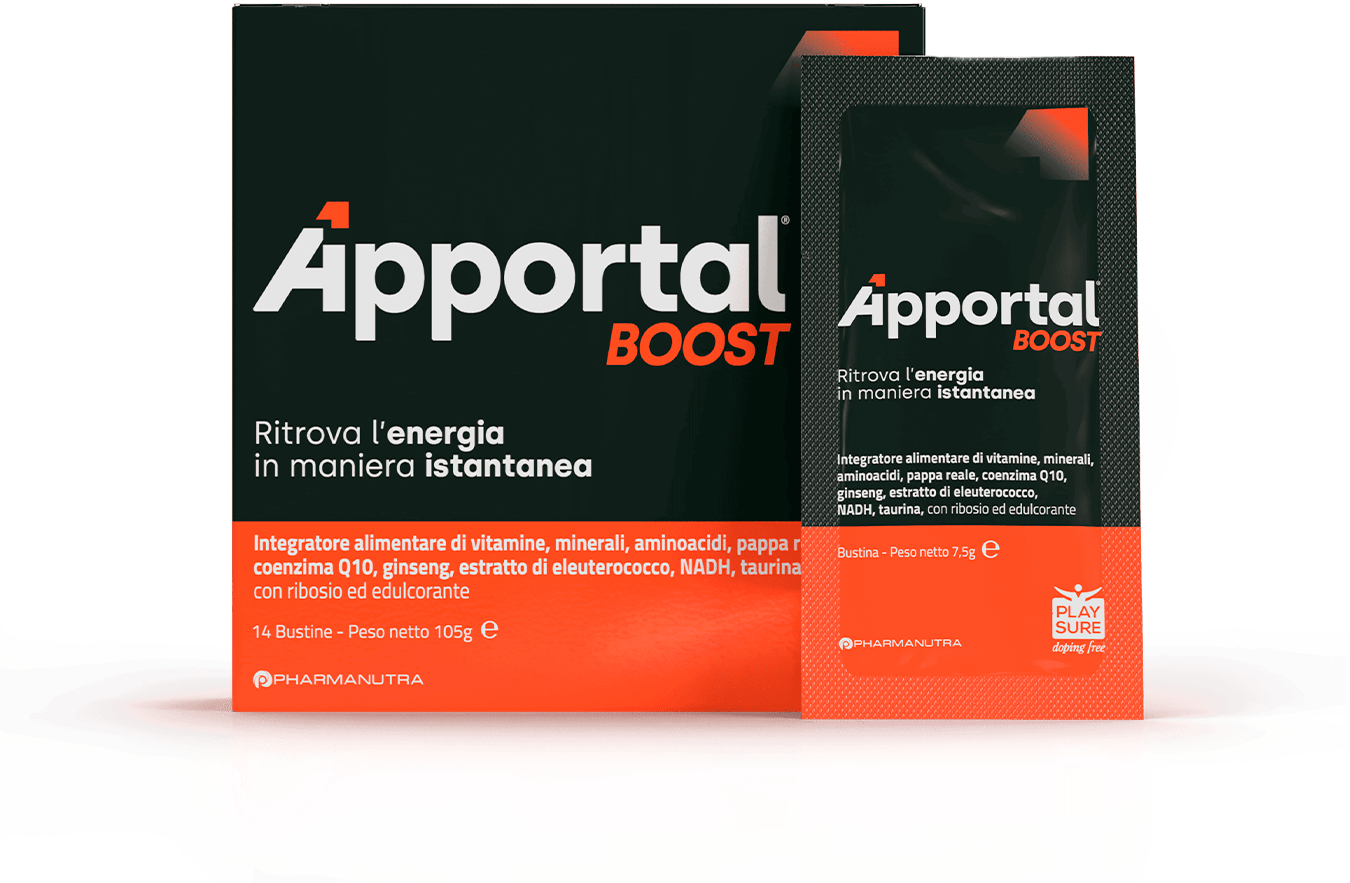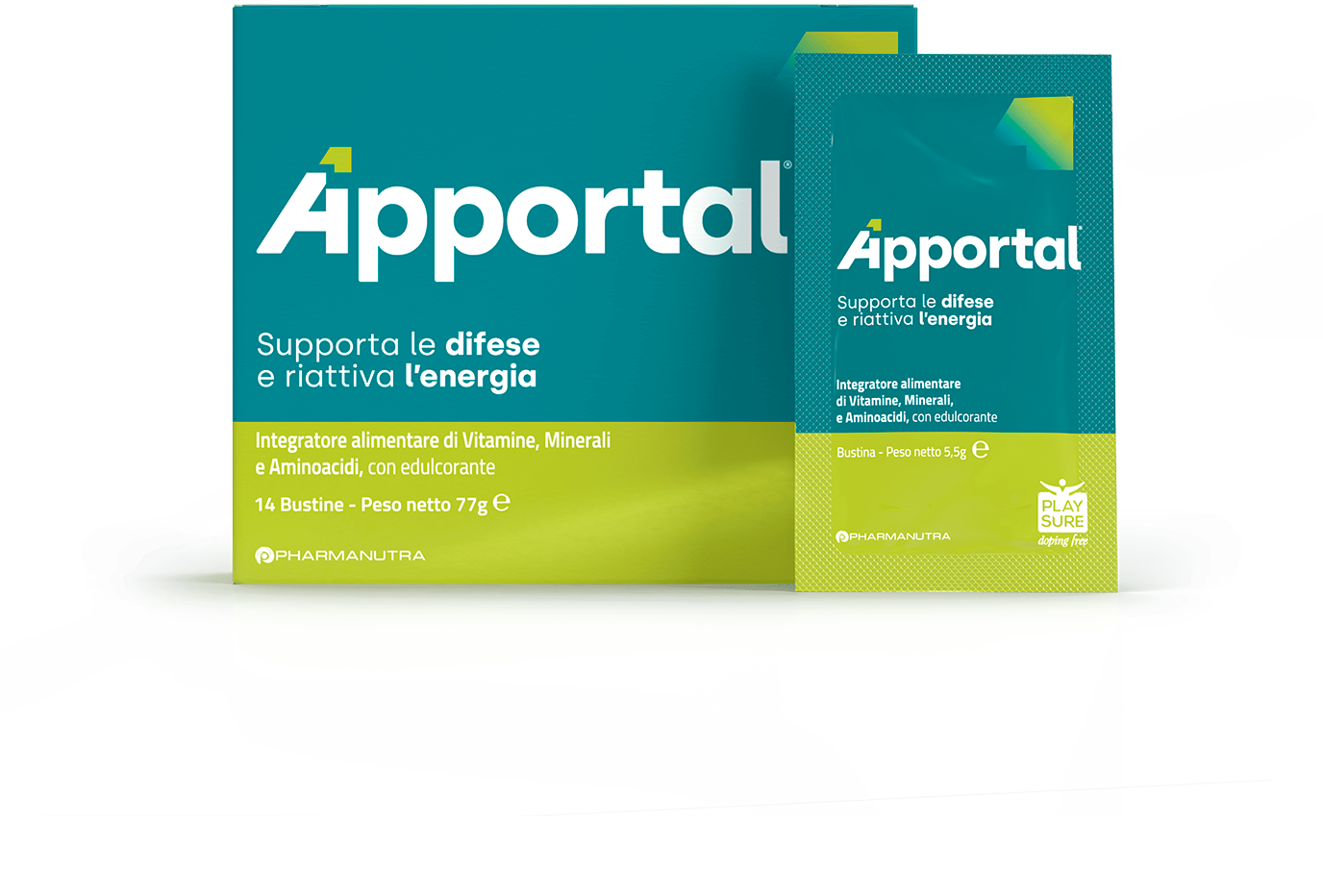Diabetes is a disease that causes an abnormal increase of blood sugar levels. The trigger is a deficit in the production, and therefore the efficacy, of insulin, the hormone produced by the pancreas that keeps glucose levels in check in the blood (glycemia).
Consequently, diabetes is a disease that affects the body’s metabolism, influencing the way food is transformed into energy. Another physiological reaction affected by diabetes is the production of free radicals, which are responsible for oxidative stress and which, in turn, can increase the risk of heart disease, as well as damage to the retina, kidneys and nerves.
This is why it is worth remembering that an appropriate intake of antioxidant vitamins can help to reduce the negative effects of oxidative stress in diabetes sufferers.
The benefits of vitamins and minerals on diabetes
As explained, a correct intake of vitamins and minerals has a significant impact on fighting oxidative stress in diabetes sufferers. This is why the first precaution to take is to maintain a healthy lifestyle, eating fruit and vegetables regularly.
Vitamins and minerals that must be assured in order to control any complications linked to diabetes are:
- Vitamin B1: a precious vitamin for the health of a diabetic heart, the benefits of which help to prevent cardiovascular complications in patients suffering from both type 1 diabetes (present from childhood), and type 2 diabetes (which occurs due to a sedentary lifestyle).
- Vitamin D: is essential not only for the health of the bones but the whole body. A study conducted by the Johns Hopkins Bloomberg School of Public Health in Baltimore demonstrated that vitamin D helps to reduce the risk of a heart attack, a stroke or type 2 diabetes in adulthood.
- Vitamin C and E: the benefits of vitamins C and E have a number of implications and, in particular, are excellent antioxidants for the memory and brain health. In fact, diabetes tends to expose the nerve cells in the brain to greater oxidative stress caused by the inefficient use of sugars and the consequent intense production of free radicals.
- Magnesium: some minerals are also a key factor in controlling the side effects of diabetes. Magnesium plays a fundamental role in heart function, neuromuscular communication, blood pressure and muscle contractions.
- Selenium: people suffering from diabetes often have to cope with selenium deficiency. This mineral is very useful for intestinal and thyroid health, and is also a valid support for regulating normal glucose metabolism.
How to integrate vitamins in the diet when suffering from diabetes
With diabetes, it is essential to keep the body weight in check, to ensure correct glycaemic compensation and avoid the onset of complications. But you don’t need to adopt a drastic diet or, even worse, one that lacks vital nutrients for health: the important thing is to ensure the body the right intake of vitamins and nutrients, avoiding some mistakes that put health at risk when eating.
The Mediterranean diet is the best alternative, as it is rich in fibres from fruit and vegetables and whole wheat cereals and low in animal fats. A few extra tips:
- Prefer fish to meat, particularly oily fish.
- All vegetables are fine, particularly leaf vegetables including lettuce, chard, spinach, chicory, and root vegetables including carrots, beetroot, turnips, broccoli, fennel and cabbage.
- And make sure there are pulses in the diet, as these are a source of vitamins, mineral salts and fibre, helping to increase the feeling of fullness
- Prefer whole grain products, as they are rich in fibre.
H2: Vitamin supplements for diabetes sufferers
ApportAL® products are nutritional supplements formulated to ensure an effective antioxidant action in the body, supporting the health of the immune system and compensating any nutritional deficiencies.
They are also very well tolerated even by diabetes sufferers, who will find the ApportAL® range to be a valid and protective support to fight all the side effects caused by this disease. All this is possible thanks to the presence of 19 nutrients, including five fundamental minerals developed with the innovative Sucrosomial® Technology: Selenium, Iron, Zinc, Iodine and Magnesium.







